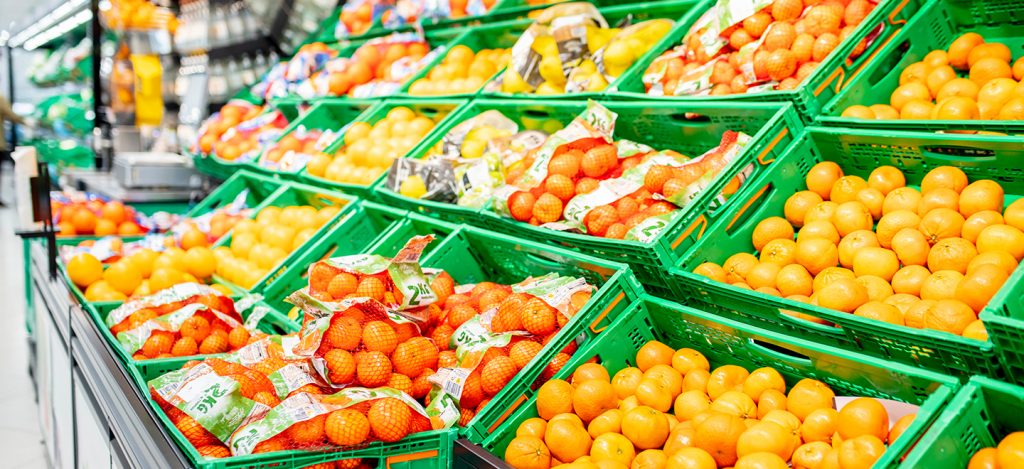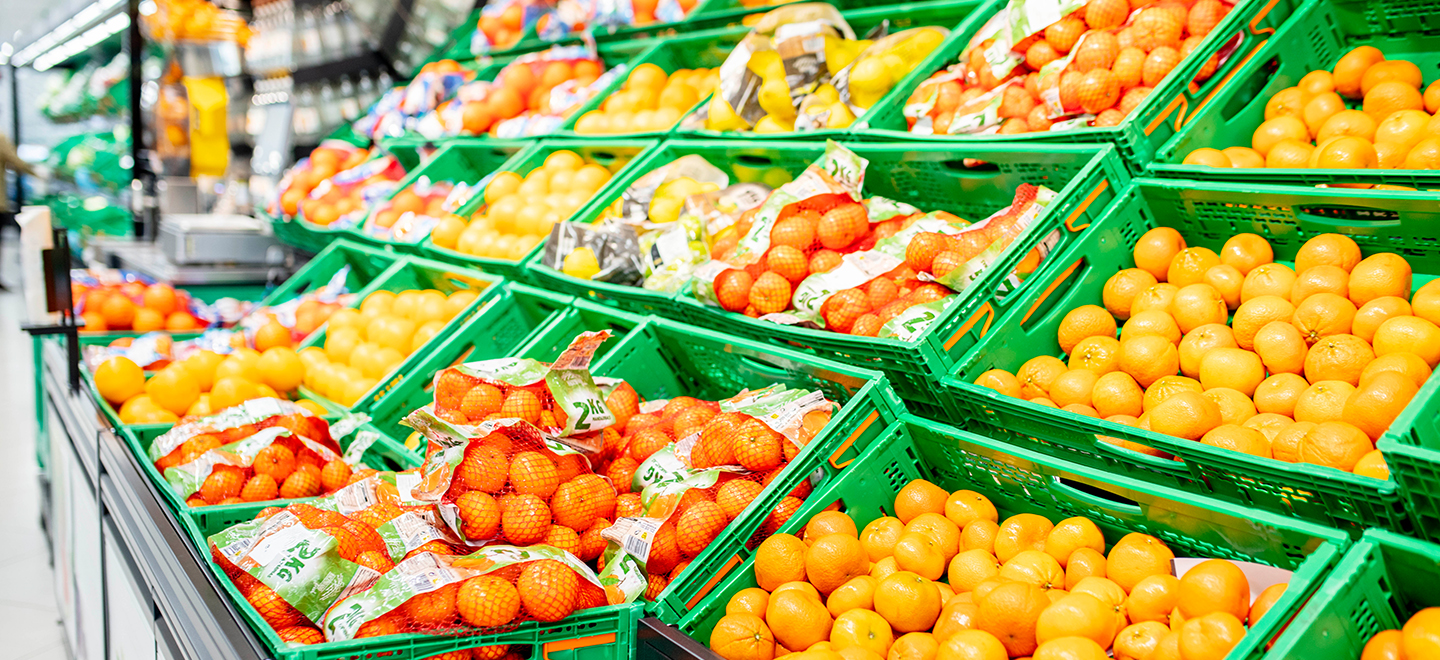Spain’s plastic law comes into force
On January 1, the Spanish law on single-use plastic came into force. This regulation applies to supermarkets, which must allocate 20% of their spaces to the sale of loose produce or without any type of packaging.
According to this new regulation, supermarkets have a period of six months to eliminate plastic from fruits and vegetables that are sold whole, and must instead be presented in reusable containers which customers themselves will have to bring with them.
The Law on Waste and Contaminated Soils for a Circular Economy aims for a 20% reduction in the use of single-use plastic bottles by 2030.
This regulation is criticised by Cooperativas Agro-alimentarias de España, which argues that bulk sales will harm the sector and consumers, since plastic packaging, in addition to improving conservation and food safety, “fulfils an undeniable function for facilitate and promote healthy consumption”.
In other words, if consumers do not have access to peeled oranges in a plastic box, they will stop consuming the healthy oranges in favour of chocolate bars or salty snacks. Environmental organisations such as Greenpeace, and Ecoembes, the private company that holds a monopoly on recycling in Spain, applaud the measure.
The norm also specifies how containers should be labelled to allow correct identification of which packages are compostable, and therefore must be deposited with organic waste, which are recyclable and go to the yellow bin, and which belong to a Deposit and Return System, e.g. glass containers.
Alternatives to fruit and vegetable plastics are already being used and developed. Some supermarkets offer cotton mesh bulk shopping bags, which are reusable and biodegradable, or paper bags. In other cases, fruits such as oranges or apples are sold in cardboard boxes that offer good mechanical resistance and allow the product to be seen through openings.
However, no alternatives have yet been found for a product like the Dutch cucumber, which has a thin edible skin and is wrapped in polythene because otherwise it quickly dehydrates, shrivels, and becomes unsalable. There is also no solution for peeled or chopped fruit, or clean and ready-to-eat salads.
For this type of products, a European project called FOX (innovative down-scaled food processing in a box) is underway, in which companies from different European countries participate, including the Spanish chemical Ainia, with the aim of finding sustainable and biodegradable solutions for processing, packaging and distribution of fruits and vegetables.




